Category: News
Free Parenting Classes
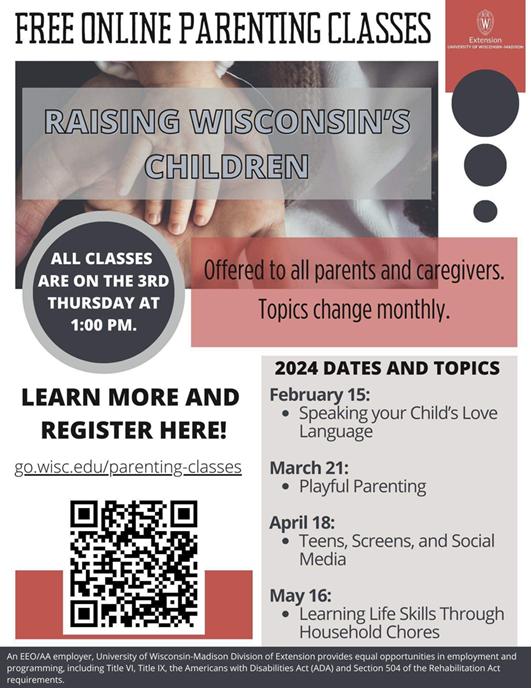
Have you ever heard the saying “You never step in the same river twice?”

Although our habits, patterns, and routines can feel familiar, no day is exactly identical because we are always growing, learning, and changing ourselves! Enjoy the moment you’re in!
Thank You TRICOR Insurance Lancaster for Supporting our Community Closet with Your Donation!
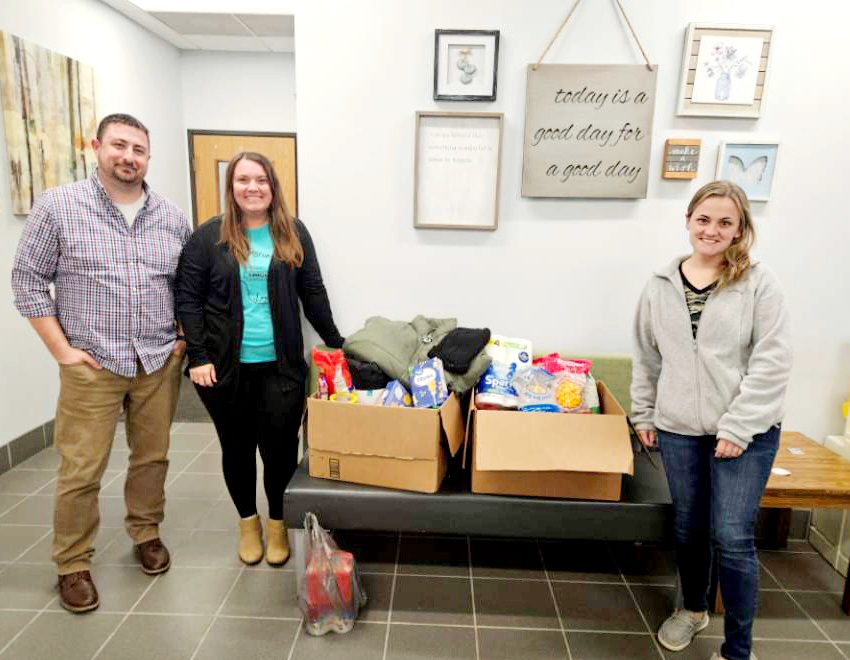
Support Opportunity from the Childmind Institute!
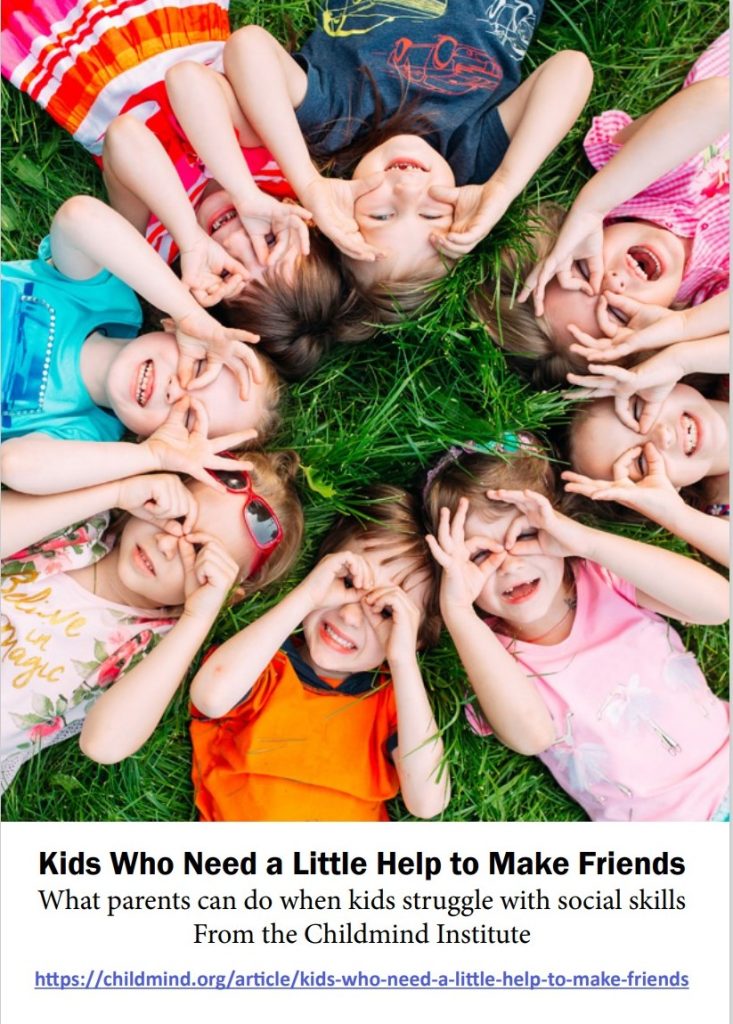
Friendships are important to children. If your kid is having a hard time fitting in, there are ways you can help your child make friends.
https://childmind.org/article/kids-who-need-a-little-help-to-make-friends/
Involved or Dealing with Results of a Toxic Abuse Relationship? Here’s a Resource for Support
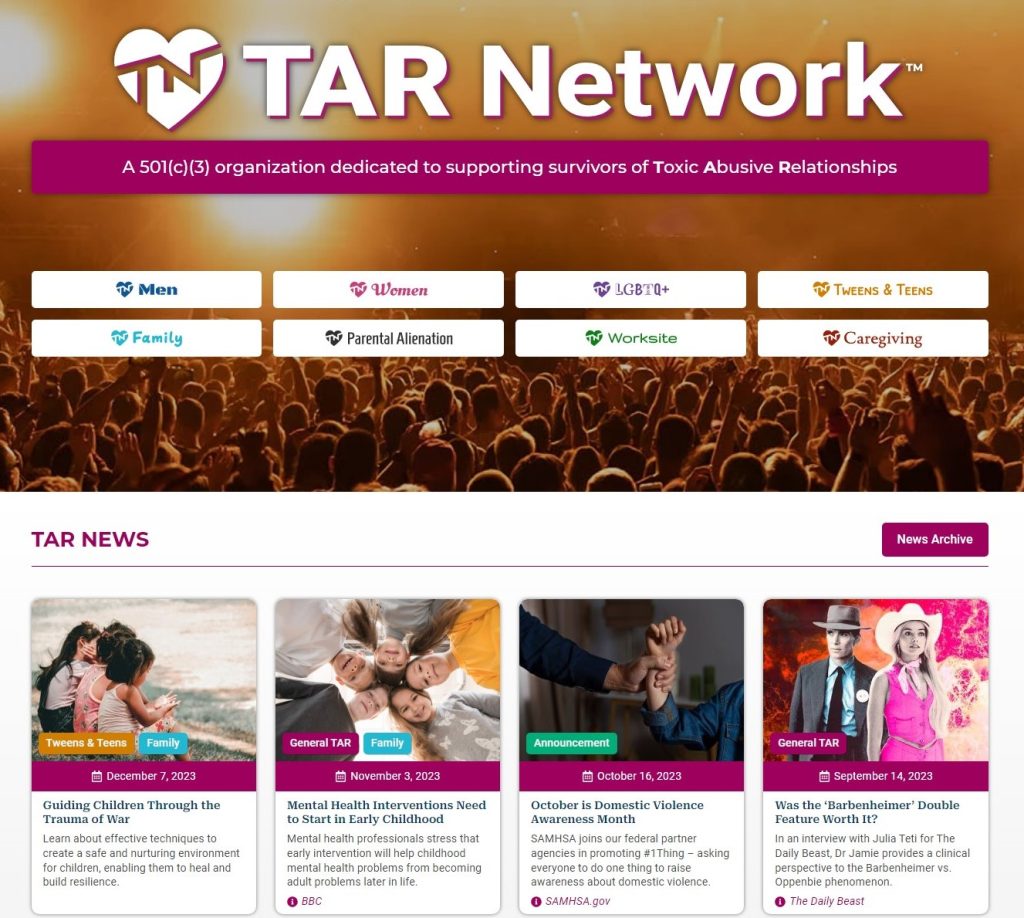
Learn more here.
See you there!
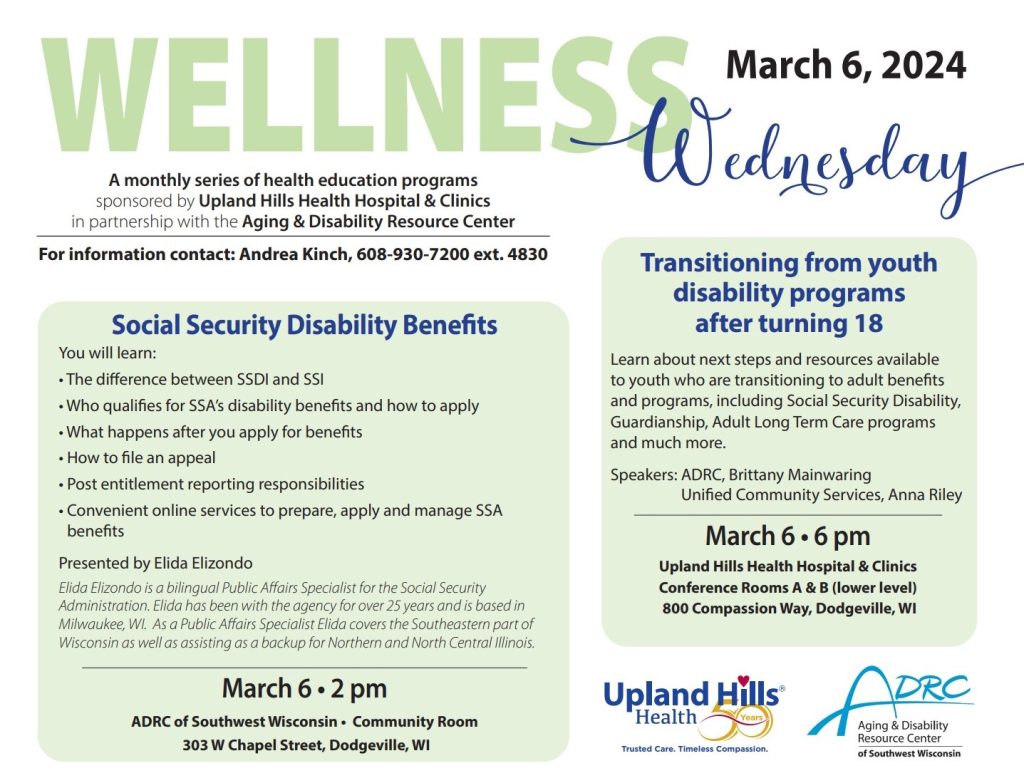
Here Are Some Ways to Maximize Your Mental Health During Snow Days!

Snow days can offer a unique opportunity to prioritize mental health and well-being. Here are some ways people can use snow days to benefit their mental health:
- Embrace Relaxation:
- Take advantage of the forced break and use it as an opportunity to relax. Enjoy a cozy day indoors with a good book, movies, or your favorite TV shows.
- Practice mindfulness or meditation to help calm the mind and reduce stress.
- Connect with Others:
- Spend quality time with family or friends. Use the snow day as an excuse to have a game night, cook together, or simply catch up with loved ones.
- Connect virtually with friends if meeting in person is not possible. Video calls can provide a sense of social connection.
- Engage in Creative Activities:
- Channel your creativity by engaging in activities like drawing, painting, writing, or crafting. Creative pursuits can be therapeutic and enjoyable.
- Start a DIY project or try a new hobby that you’ve been curious about.
- Outdoor Activities:
- If it’s safe to venture outside, enjoy the snow by going for a walk, building a snowman, or having a friendly snowball fight. Fresh air and physical activity can positively impact mood.
- Winter sports such as skiing or ice skating can be both fun and excellent for physical health.
- Self-Care Rituals:
- Pamper yourself with self-care rituals, such as a warm bath, skincare routine, or a relaxing massage. Take the time to prioritize your well-being.
- Practice self-compassion and be kind to yourself. Use the day to recharge both mentally and physically.
- Learn Something New:
- Use the time to learn a new skill or explore a new subject. This could be through online courses, tutorials, or even reading educational books.
- Stimulating your mind with new information can be intellectually rewarding and provide a sense of accomplishment.
- Declutter and Organize:
- Tackle a decluttering project at home. Organizing your living space can have a positive impact on your mental state and create a sense of order.
- Simplifying your surroundings can lead to a clearer mind and reduced feelings of stress.
- Reflect and Set Goals:
- Take some time for introspection. Reflect on your goals, values, and priorities. Consider whether you’re on the right path and what adjustments might be beneficial.
- Set realistic and achievable goals for the upcoming weeks or months. Having a sense of purpose can contribute to overall well-being.
- Enjoy Comfort Foods:
- Indulge in comfort foods that bring you joy. Whether it’s a warm bowl of soup, hot cocoa, or your favorite winter treat, savoring comforting foods can be a simple pleasure.
- Digital Detox:
- Consider taking a break from screens and social media. Disconnecting for a day can help reduce feelings of overwhelm and contribute to a more mindful and present mindset.
Remember, the key is to tailor your snow day activities to what brings you joy and relaxation. Everyone is different, so choose activities that resonate with you and contribute to your overall well-being.
Need Lasting Change in 2024?

Tired of the New Year’s Resolution game that doesn’t work? Want lasting change when it comes to alcohol and substance use? Reach out today! We can help!
Looking for mental health and substance use awareness training for your organization’s leadership team? We can help!
Experiencing Grief This Holiday Season?

If you’re dealing with loss this holiday season, please read the article below by Kristen Carpenter, PhD. The link to the full article is below.
“If this is your first holiday season after the death of a loved one, you might be grappling with whether you should carry on traditions while grieving. And guess what? It’s perfectly normal and important to give yourself some grace.
Let yourself feel the way you feel
Feelings are facts. Everyone copes with loss in their own way. Your emotional responses to loss are valid and are part of your unique healing process. Don’t waste energy on feeling ashamed or guilty about your feelings; invest that energy in making concrete efforts to feel better and heal.
Be open to adjusting your holiday traditions
The first holiday after the passing of a loved one is often the hardest, especially if the loss is unexpected.
When a loved one is lost, some families find comfort in the familiar and incorporate a time of remembrance into their holiday celebrations.
Others find the usual traditions too painful, especially if the loss occurred recently. If this is the case, it can be helpful to celebrate the holiday in an entirely different way and consider resuming traditions when you’re ready. You might find it helpful to change the location of a celebration and consider taking a trip or visiting a family member in a different city.
Some prefer to be alone in their grief, and that’s okay too. Simply explain your need to your family and friends, who’ll likely care and understand.
Incorporate a time of remembrance into your holidays
How you celebrate the life of someone who died is unique to you, depending on what the person meant to you and how you feel comfortable commemorating your relationship.
Here are a few ideas:
Have those gathered together share a story or memory of the person.
Light a candle.
Plant a flower or tree.
Visit the person’s grave.
Say special prayers.
Keep photos close; for instance, wear a photo of the person in a locket or keep a picture with you during a special event you wish the person could have attended, such as a religious ceremony or wedding.
Don’t hesitate to seek support from others and don’t be afraid to accept help. Here are some easy ways to make sure your family and friends can help in the most meaningful ways.
Lead the way in letting people know what you need
Be clear about whether you prefer to grieve privately, with the support of close friends or with a wide circle of people accessible through social networks.
Tip for friends: Don’t take to social media to offer support, particularly if someone who’s experienced loss isn’t communicating publicly online. This could lead to you sharing something personal that the person prefers not to share.
Ask a friend to set up a meal train
People love to bring food, but nobody needs three lasagnas on the same day. Online tools make meals easy to coordinate, so this doesn’t happen.
Don’t be afraid to ask for food you can freeze — this can be especially helpful for a parent who’s handling the death of a spouse while raising children.
Write down what you need (the “notecard method”)
The “notecard method” will save you from trying to think of something in the moment and make your life easier when asked by a supportive friend, “What do you need?” or “How can I help?”
Here’s how it works:
Sit down and make a list of what you need, including things for tangible and emotional support. Things like:
Holiday or grocery shopping
Food preparation
Wrapping gifts
Household chores, like cleaning, mowing or maintenance
Get a stack of notecards and write down one item on each card.
When people ask how they can help, hand them a note card or have them choose something they feel they can do.
There isn’t one right way to deal with grief during the holidays
Everyone copes differently and you’ll find ways that are easier or more helpful for you than others. Allow yourself to feel the emotions, listen to yourself during this time and seek help if you need it. Taking care of yourself, sharing memories and being surrounded by supportive people are a few great ways to get through this time, but you’ll have to decide which methods work best for you.
Source: https://health.osu.edu/…/ment…/grief-during-the-holidays

